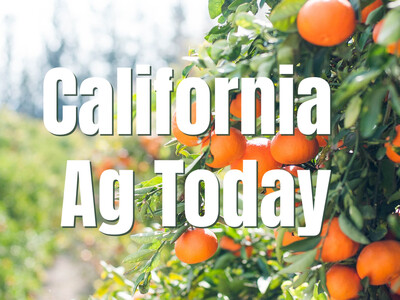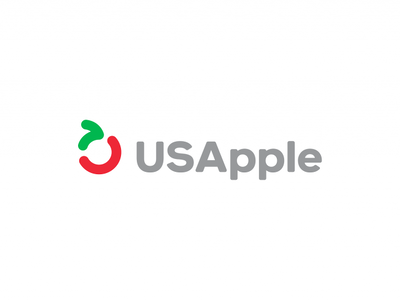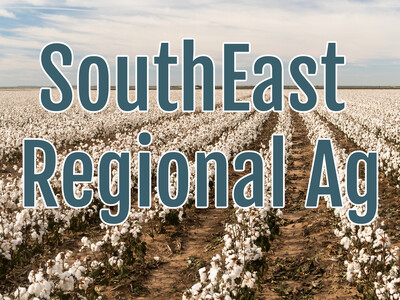China Fruit Tariffs and Hemp Insurance
From the Ag Information Network, I'm Bob Larson with your Agribusiness Update.**The demand for fluid milk has been dropping for many years as consumers move toward other beverages that can offer convenience, better flavor, certain health characteristics and other demands.
Milkbusiness.com reports, a recent Rabobank study suggests fluid milk products that can differentiate themselves from regular, commodity milk are turning the demand curve upward.
In addition to more premium products, whole milk continues to be the only conventional milk category that is growing.
34% of milk produced in the U.S. ends up as fluid milk on grocery shelves.
https://www.milkbusiness.com/article/putting-cool-back-into-fluid-milk?mkt/
**The hits keep on coming for U.S. fruit exporters as China's tariffs on U.S. apples, pears, cherries and other U.S. commodities increased an additional 10% yesterday.
According to agweb.com, the move is another insult to the mounting injury caused by the more than year-long trade fight between China and the U.S.
In response, the U.S. announced planned tariff increases on a variety of Chinese goods.
https://www.agweb.com/article/china-adds-fruit-tariffs
**If you're planning to grow hemp for fiber, flower, or seeds, crop insurance is now available, according to the USDA.
Agriculture.com reports, certain industrial hemp growers will be able to obtain insurance coverage under the Whole-Farm Revenue Protection program for crop year 2020.
USDA's Risk Management Agency announced the coverage will be available to producers who are in areas covered by USDA-approved hemp plans or who are part of approved state or university research pilot programs.
https://www.agriculture.com/news/crops/hemp-crop-insurance-is-now-available-usda-says













